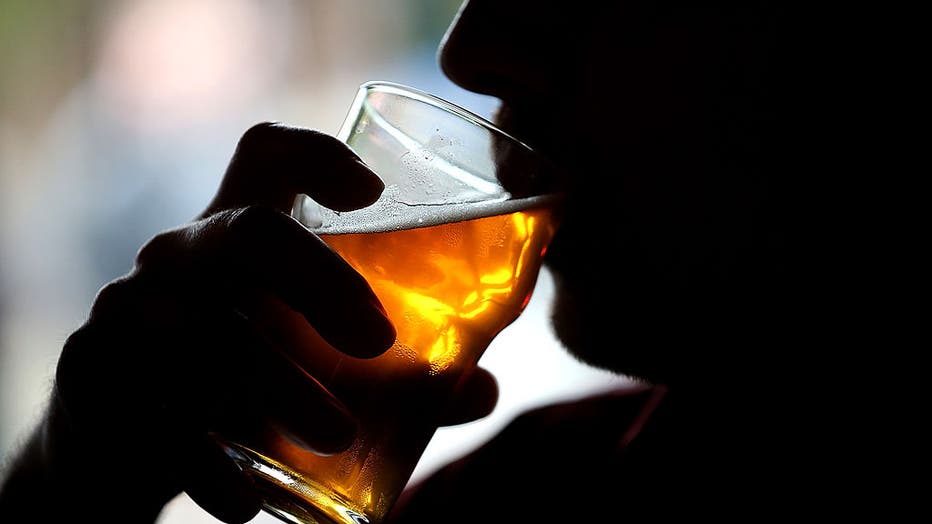Report details the lesser known link between alcohol and cancer risk
LOS ANGELES - The United States has seen a significant decline in cancer death rates, with a 33% reduction recorded between 1991 and 2021, according to the latest Cancer Progress Report by the American Association for Cancer Research (AACR). This decrease is attributed to several factors, including advancements in treatment, early detection methods, and a reduction in smoking rates. The AACR report estimates this progress has saved approximately 4.1 million lives.
In addition to the overall drop, the cancer death rate among children and adolescents has declined by 24% in the past two decades, reflecting ongoing improvements in pediatric cancer care.
However, the report highlights a less-discussed but equally critical factor in cancer prevention: alcohol consumption.
How does alcohol increase cancer risk?
According to the AACR report, excessive alcohol consumption is a major contributor to cancer risk, with 5.4% of U.S. cancer cases in 2019 linked to alcohol use. Despite this, awareness of alcohol’s role in cancer development remains low.
The types of cancer linked to alcohol consumption include:
- Breast cancer
- Colorectal cancer
- Liver cancer
- Stomach cancer
- Certain types of head and neck cancer
- Esophageal squamous cell carcinoma
Research suggests that alcohol intake, even in moderate amounts, can have long-term cancer-related consequences, particularly when consumed at a young age or during pregnancy. The report highlights that moderate and high levels of drinking during pregnancy are associated with an increased risk of leukemia in children after birth.

FILE - A man takes a sip of a beer.
Is alcohol a more significant risk than people realize?
While smoking has long been established as a leading cause of cancer, the dangers of alcohol consumption are not as widely recognized. Alcohol acts as a carcinogen, damaging cells and leading to mutations that can evolve into cancer. According to the AACR report, the cumulative risk of alcohol consumption is particularly alarming due to its widespread use in social settings and its normalization in society.
However, with over 5% of all cancers in the U.S. linked to alcohol, raising awareness of this lesser-known risk factor could be key to further reducing cancer death rates.
What steps can be taken to reduce cancer risks?
The AACR suggests that continuing efforts to promote awareness around alcohol’s role in cancer development is essential. Individuals can lower their cancer risk by:
- Limiting alcohol consumption or abstaining altogether
- Undergoing regular cancer screenings, especially for breast and colorectal cancers
- Promoting awareness about the risks of alcohol use during pregnancy
Additionally, public health campaigns could focus more on alcohol's cancer risk, akin to the long-standing campaigns against smoking.

